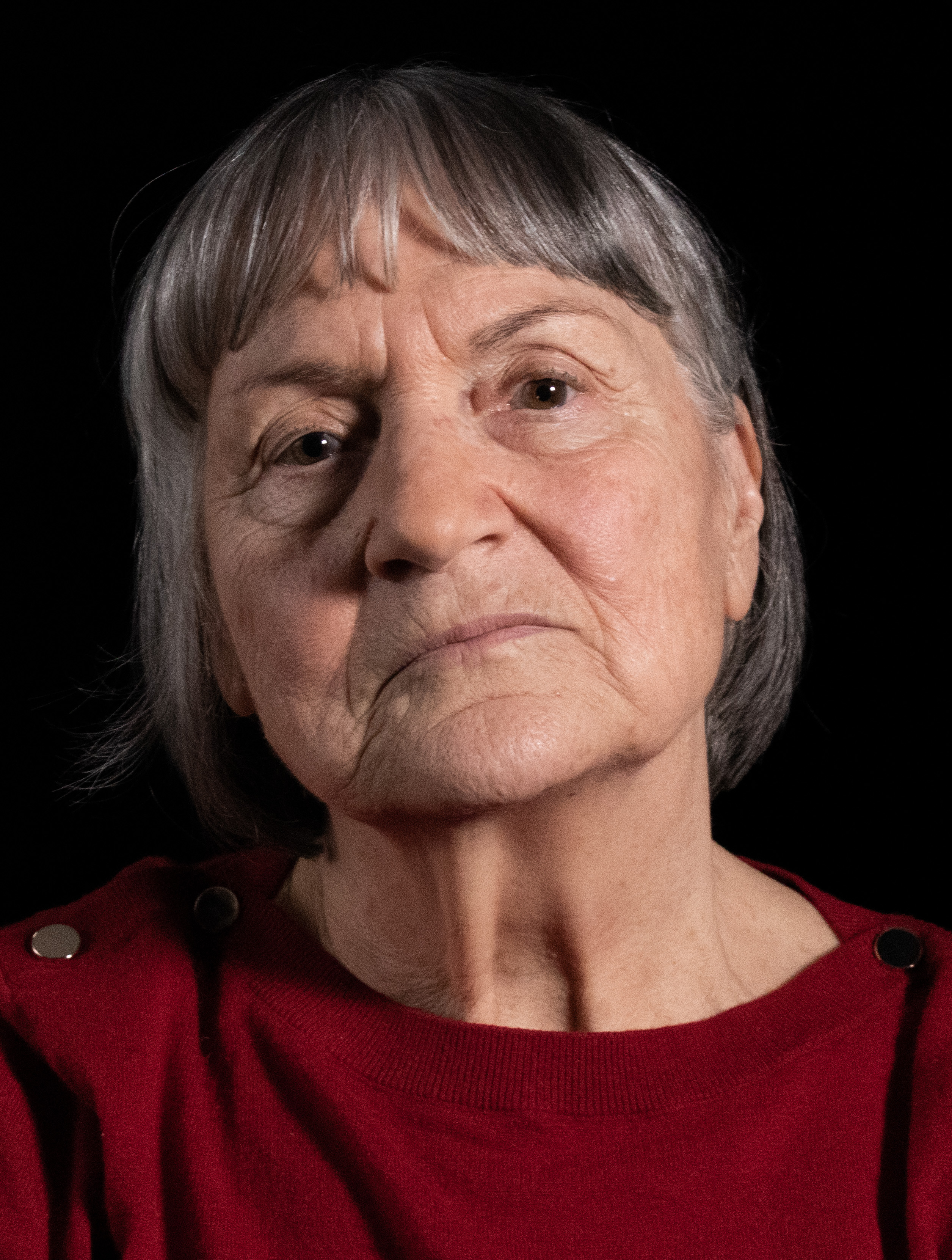To live here properly and decently

Stáhnout obrázek
Suzette Hejdová (née Gazagne) was born on 10 September 1946 in the south of France to a winemaker. She studied at the lycée in Nîmes, where she graduated in 1964. She then went on to study French literature, geography and Russian at the University of Montpellier and continued her studies of Russian language and literature in Paris and Nanterre, respectively. The events of 1968 awakened her interest in Czechoslovakia, where she went on a scholarship to study at Charles University. She then united with the poet and Charter 77 signatory Zbyněk Hejda, with whom she started a family, and thus also became part of the dissent. She worked as a teacher at the French school in Štěpánská Street, then at the French Institute in Prague. In 2020, she lived in Prague.

